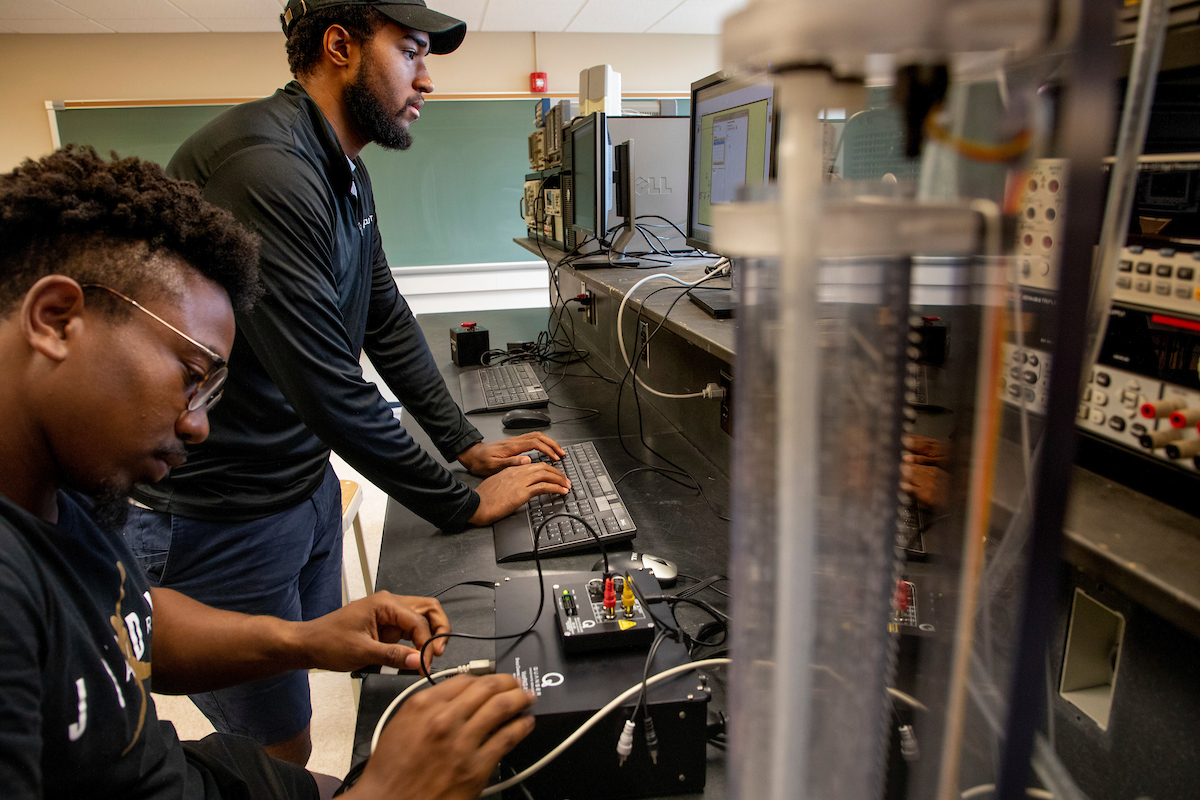Electrical Engineering
.png)
Electrical engineers are responsible for many of the technologies that drive our modern society. They work in power and renewable energy, electronics, factory automation, wireless communication, antennas and radars, instrumentation, automatic control of cyberphysical systems, optics, computer hardware, machines and drives, and much more.
Undergraduate degrees
Graduate degrees
Certificates

Cooperative Engineering Program
Want to earn Missouri’s most valuable engineering degree but can’t come to Rolla? S&T offers an electrical engineering degree at Missouri State University. Our faculty, our degree, on the Springfield campus. Two great schools with one amazing opportunity for your tomorrow.
Start a career with strong earning potential
Alumni Career Highlights

Graduates from Missouri S&T’s Electrical and Computer Engineering programs are well prepared for strong career outcomes. Our students go on to work at leading companies across a wide range of industries, reflecting both the strength of our academic programs and the real-world skills they develop. In 2025, we interviewed Reijie He, an ECE graduate now working at Apple. We invite you to read his story and learn more about the paths our students take after graduation.
For more information about jobs
Visit Career Opportunities and Employer Relations (COER)
Learn more about our record-breaking, bi-annual Career Fair.

Follow Electrical and Computer Engineering